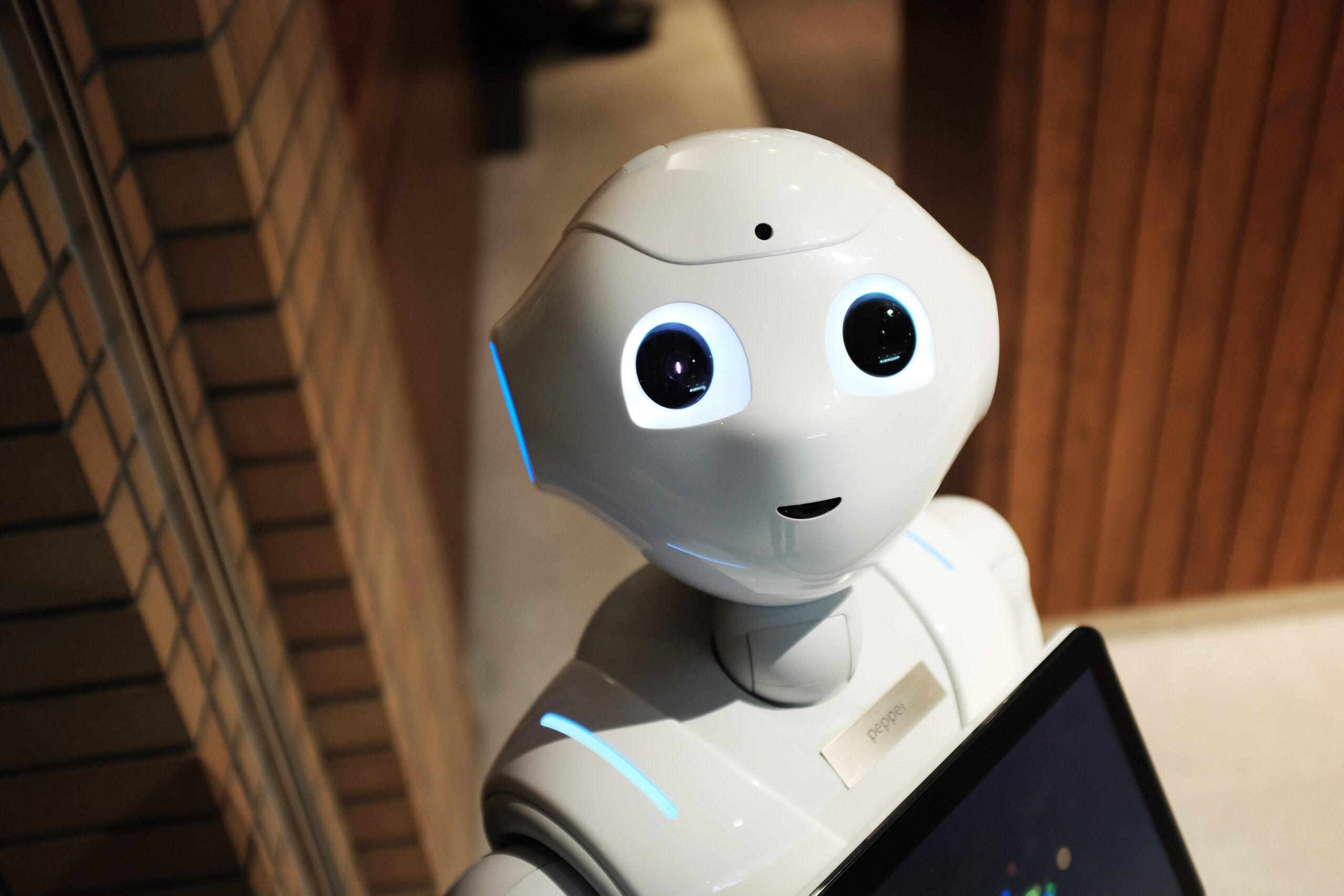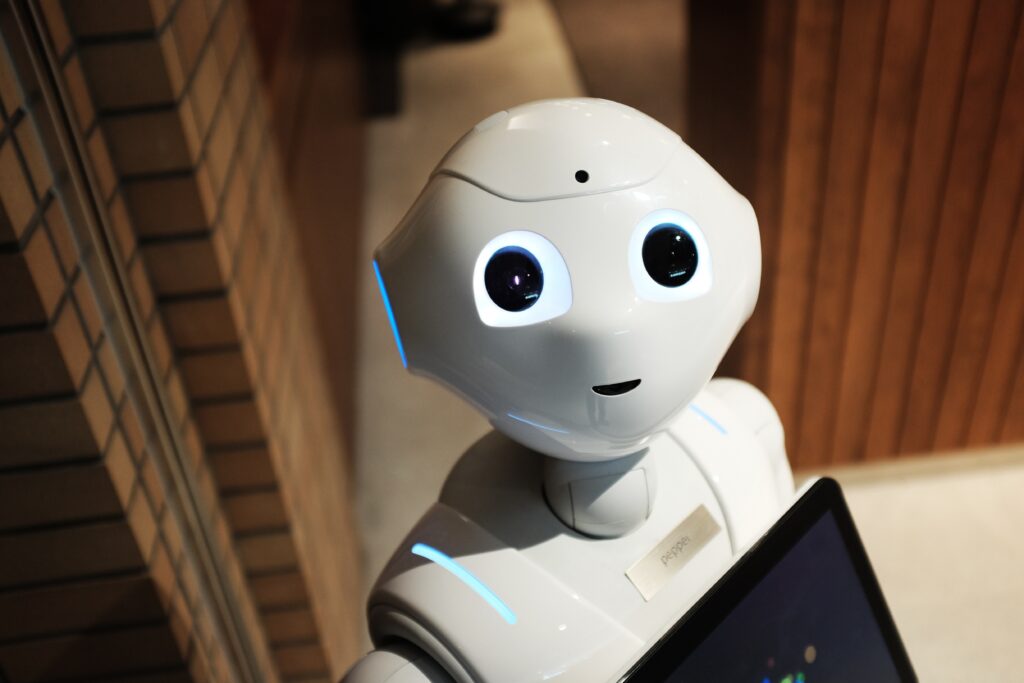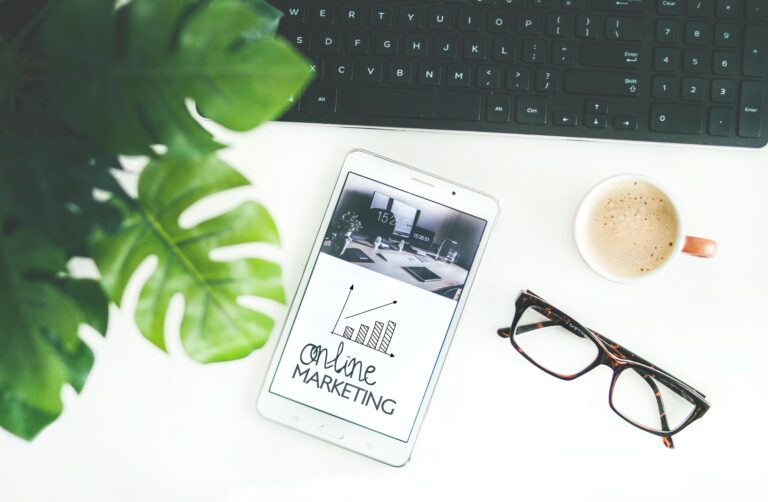

Artificial Intelligence (AI) has emerged as one of the most transformative technologies in recent years. With the ability to automate complex tasks, analyze vast amounts of data, and learn from experience, AI is poised to revolutionize many aspects of business and society. It is the Time to utilize the power of Artificial Intelligence in Business to transform your operations, gain insights, and stay ahead of the curve.
Artificial Intelligence (AI) is no longer just a buzzword – it has become an integral part of the business landscape. From automating routine tasks to enhancing customer experiences, AI is being used across a wide range of industries, from healthcare to finance and beyond. In this blog, we will explore how AI is changing the face of business and the many ways it can be leveraged to drive growth, streamline operations, and gain a competitive edge. So let’s dive in and discover the exciting world of AI in business!
Impact of Artificial Intelligence on Business
AI has already had a significant impact on the way businesses operate. It’s being used to automate routine tasks, improve customer service, and make data-driven decisions. Unlock the potential of your business with the power of Artificial Intelligence – stay competitive and achieve success in today’s fast-paced market. Here are some of the key ways AI is transforming the business landscape:
- Automation: AI-powered automation is becoming increasingly common in industries such as manufacturing, logistics, and retail. It can help companies reduce costs, improve efficiency, and increase productivity. For example, AI-powered robots are being used to assemble products on factory floors, reducing the need for human labour.
- Customer service: AI-powered chatbots and virtual assistants are being used by companies to provide customer support and answer common queries. These tools can help reduce response times, improve customer satisfaction, and free up human resources for more complex tasks.
- Data analysis: AI can analyze vast amounts of data and provide insights that would be difficult or impossible for humans to identify. Companies can use this information to make data-driven decisions and improve their operations. For example, AI-powered analytics tools are being used in marketing to optimize campaigns and target audiences more effectively.
- Personalization: AI can help companies personalize their products and services to individual customers. For example, online retailers can use AI-powered algorithms to recommend products based on a customer’s browsing and purchasing history.
Impact of Artificial Intelligence on Society
AI is also having a significant impact on society as a whole. It’s changing the way we live, work, and interact with each other. Here are some of the key ways AI is transforming society:
- Healthcare: AI is being used to improve healthcare in a variety of ways. It can help diagnose diseases, develop personalized treatment plans, and analyze patient data to identify patterns and trends. For example, AI-powered imaging tools can help doctors identify and diagnose diseases such as cancer more accurately.
- Education: AI is being used to personalize education and provide students with customized learning experiences. It can also help teachers and administrators identify areas where students need more support. For example, AI-powered tutoring systems can adapt to a student’s learning style and provide feedback in real-time.
- Transportation: AI is being used to improve transportation systems and reduce congestion. Self-driving cars and trucks are being developed that can navigate roads more efficiently and safely than human drivers. AI-powered traffic management systems can also help optimize traffic flow and reduce delays.
- Environment: AI is being used to monitor and protect the environment. For example, AI-powered sensors can be used to track air and water quality and identify areas where pollution is a problem. AI can also be used to analyze satellite imagery to track changes in land use and detect environmental risks.
Challenges of AI
While AI has the potential to bring significant benefits, it also poses some challenges that need to be addressed. Here are some of the key challenges of AI:
- Ethics: AI raises ethical questions around issues such as privacy, bias, and accountability. For example, AI-powered surveillance systems can raise concerns about privacy and civil liberties.
- Job displacement: AI-powered automation can potentially lead to job displacement, particularly in industries that rely on routine tasks. This could lead to social and economic disruption if adequate measures are not taken to retrain workers and support affected communities.
- Security: AI can be vulnerable to cyber-attacks and other security threats. It’s important to develop robust security measures to protect against these risks.
- Transparency: AI-powered algorithms can be complex and difficult to understand. This can make it difficult to identify and address issues such as bias or discrimination.
- Regulation: As AI becomes more widespread, there is a need for clear regulations and guidelines to ensure that it is developed and used in a responsible and ethical manner
Conclusion
AI is a transformative technology that has the potential to bring significant benefits to businesses and society as a whole. It’s already being used to automate routine tasks, improve customer service, and make data-driven decisions. However, it also poses some challenges that need to be addressed, including ethical concerns, job displacement, security risks, and the need for regulation and transparency.
As AI continues to develop and become more widespread, it’s important that we take a thoughtful and responsible approach to its development and use. By addressing these challenges and working together to create a framework for responsible AI development, we can ensure that this transformative technology benefits us all.
Artificial Intelligence is changing the face of business in numerous ways. From automating repetitive tasks to improving decision-making processes, AI is becoming a critical tool for businesses of all sizes. By embracing the latest AI technologies and strategies, businesses can streamline their operations, enhance customer experiences, and drive growth. As AI continues to evolve, it is clear that its impact on business will only continue to grow. So why not start exploring the possibilities of AI today and stay ahead of the curve?




